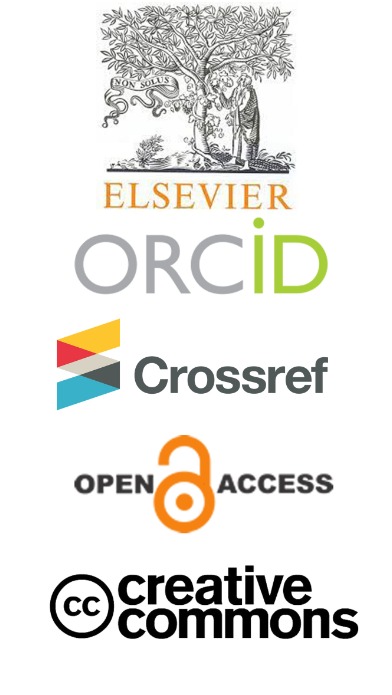COVID-19 and Herd Immunity: Evaluation of COVID-19 Vaccination Policies in Indonesia
Keywords:
Covid-19, Herd Immunity, Policy Effectiveness, VaccinationAbstract
Efforts to prevent COVID-19 transmission will continue until a national vaccination
program is enacted, which is expected to be the most effective way to combat the COVID-19
pandemic. However, vaccination policies remain lax in some places, such as the Madura
region, making efforts to create herd immunity slow and challenging. This study used a
qualitative descriptive method to collect data using interviews, the COVID-19 task force
website, and reliable online sources. Data and information were triangulated to improve
researchers' comprehension. Then proceed to data reduction, display, and verification to get
detailed results and conclusions. According to this study's findings, the immunization policy's
efficiency in the Madura region is still low until early September 2021. Several factors
contribute to this, including low citizen participation, a lack of socialization intensity and direct
involvement of religious and community leaders, public perception of COVID-19, and
numerous post-vaccination symptoms that are not addressed immediately by the government
and health workers. As a result, developing herd immunity in Madura is challenging if achieved
through vaccination. Herd immunity in Madura was developed not by vaccination successes
but by more than 70% positive COVID-19 cases based on government and informant data.



